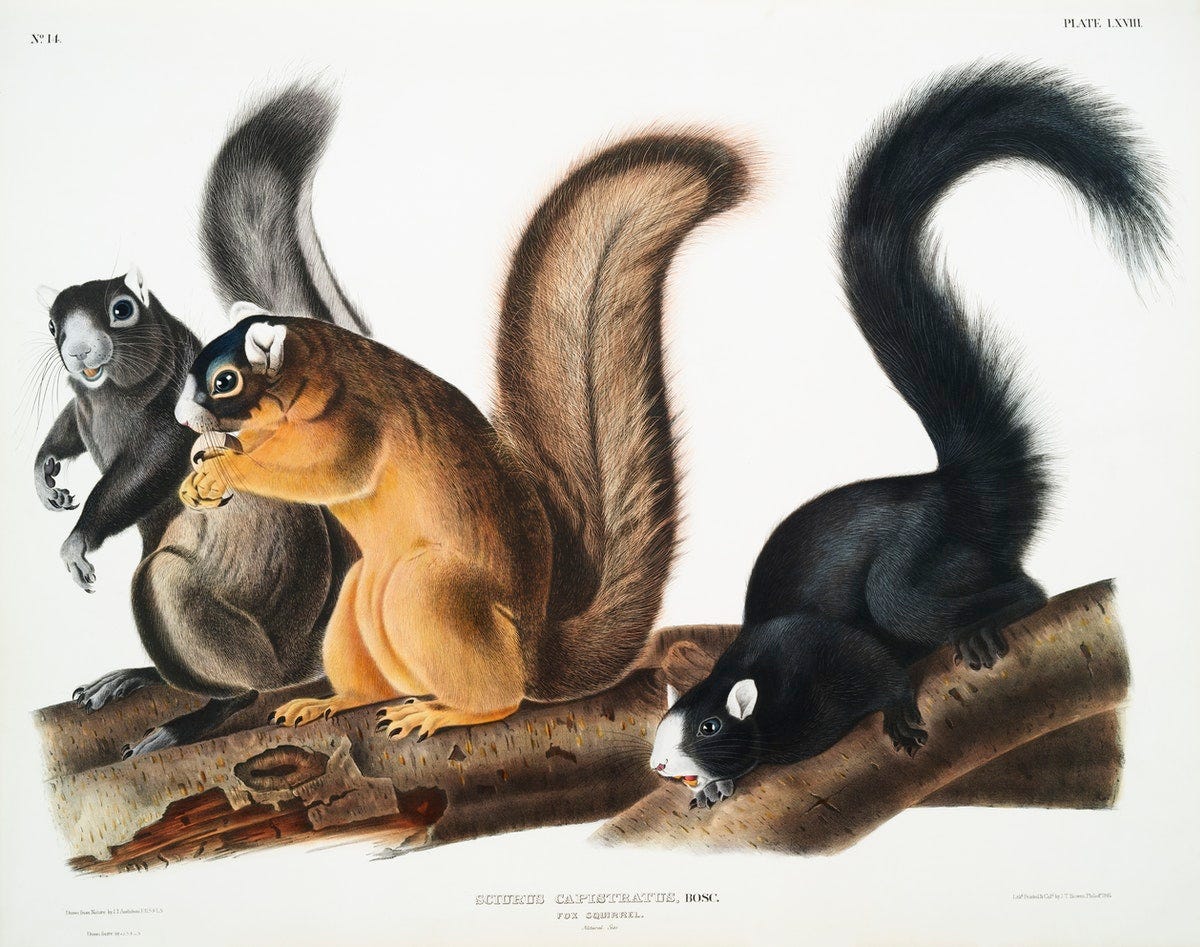🌲Fieldnotes in Environmental (Ecocultural) Communication
Destination Anthropocene + A poetry expedition to Greenland's melting glaciers + Reindeer at the end of the world + Climate Communication Tips + more!

Hi everyone, welcome back to Wild Ones, a bi-weekly digest by me, Gavin Lamb, about news, ideas, research, and tips in environmental communication. If you’re new, welcome! You can read more about why I started Wild Ones here. Sign up here to get these digests in your inbox:
📚 What I’m reading
Destination Anthropocene: Science and Tourism in The Bahamas by Amelia Moore
Amelia Moore is Associate Professor of Sustainable Coastal Tourism and Recreation in the Department of Marine Affairs at the University of Rhode Island.
“The main argument,” of her new book, Destination Anthropocene, Moore says in a recent interview, “is that rather than being in conflict, the tourism industry and the natural sciences are becoming more interconnected and entangled in contemporary sustainable tourism enterprises.” She argues that “greener travel brands and sustainable destinations may actually extend the inequities of neocolonial industrial capitalism by creating new kinds of valuable spaces, organisms, and ecologies that can be inequitably exploited, with real consequences for humans and other beings.”
Moore makes a compelling case for the value of anthropology involving long-term engagement with communities and qualitative approaches to researching human impacts on the environment. The rich, ethnographic perspective that anthropology brings to environmental problems tends to get sidelined in the field of Global Change Science (GCS), she says, a field that currently dominates scientific and government communication on improving human-environment relationships. As Moore puts it in an interview, anthropology helps us
“…understand that ‘the environment’ itself is a political object and entangled process, and that quantitative methods alone cannot produce anything like an awareness of the historical contingency, power asymmetries, and dynamism inherent in the changes occurring all around and within living systems. Sadly, there is hardly any ethnographic research involved in the global change sciences, even now, and even less work that holds these sciences to any reflexive standard.”
Reeling from intense hurricanes over the past 5 years, and now facing the complete collapse of tourism due to COVID-19, The Bahamas is dealing with ‘synchronous crises’ of climate change and the pandemic, leaving the future entirely uncertain for residents. If you’re interested in the future of tourism, and ecotourism, in particular, I highly recommend following Amelia Moore’s research.
👀 What I’m watching
Rise: a poetry expedition to Greenland’s melting glaciers: “Climate activists and poets, Kathy Jetnil-Kijiner and Aka Niviana, travel to the latter's home of Greenland to recite their collaborative poem, Rise, on a melting glacier that might threaten the former's home nation of the Marshall Islands in the Pacific.”
🎧 What I’m listening to
Reindeer at the End of the World narrated by the author, Bathsheba Demuth, an environmental historian at Brown University specializing in the lands and seas of the Russian and North American Arctic.


🔊I’m also listening to: Legacies of the Sagebrush Rebellion: A Conversation with Jonathan Thompson, Contributing Editor for High Country News: “In the interview we discuss some of his wide-ranging coverage on land management and settler colonialism across the Western U.S. Thompson traces the multilayered histories of the Sagebrush Rebellion; the Bureau of Land Management (BLM); and how the “constitutional sheriff” has emerged from notions of county supremacy.”
🔍 Eco-Tool I’m exploring
10 Communication Tips to Change the Climate Story. From the Australian Association for Environmental Education. An interesting example of how standard environmental communication tips are being adapted to fit a local audience (Australians!). From the guide,
“For professions that involve natural systems or people, we have a fantastic opportunity, and some would say a moral obligation to build the climate crisis into our existing communications.”
💬 Quote I’m thinking about
“The core of apocalyptic thinking is nihilism: this world is too despoiled to continue. The seduction of such stories is how certain they make the teller feel. An apocalyptic narrative is like looking at a horizon with no clouds or hills: the way forward is terribly assured. To walk it, there is no need to mind the lives of others, rendered invisible by the power of imagining they are already gone.”
– Bathsheba Demuth, environmental historian at Brown University, in her essay, Reindeer at the End of the World




